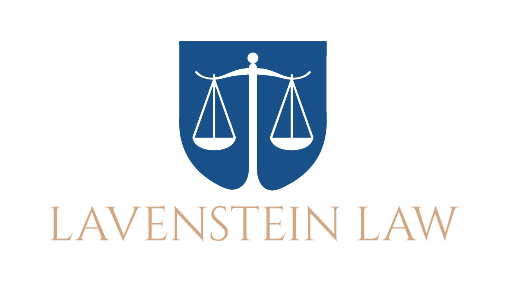By: Don Zens
[ad_1]
Bail is in place for when a person is arrested then charged with a crime. It usually involves an amount of money set by the law and gives a person the right to be free until they go to trial. Bail is a way for the courts to ensure the accused will come back for court and stand trial for the crime that was committed.
If a person decides not to show back at court then the bail is revoked and a bench warrant is issued. When the bail is revoked then all money will go directly to the courts and the person will not get any of it back. When the bail is revoked it does not mean the person is free from any charges and does not need to appear in court. The person will be arrested and brought into court to stand before the judge to face the charges.
There are many different things a judge will take in consideration before actually letting a person post bail. The judge will look at the stability of the person and their frame of mind at the time of arrest. The judge will also look at any previous court records to see if the person is known for appearing at their court dates or are they more like to flee once they are out on bail. It will also be taken into consideration the nature of the crime and if there is a threat to society if the person is released.
There use to be a time not that long ago that if a person did not have the said bail, then a bondsman could be contacted. The bondsman would take 10% of the set bail as a down payment and the bondsman would go to the courts and guarantee if the person did not show then they would be responsible for the rest of the bail. Even though a bondsman is a quick way for a person to be released from jail on bail and the bondsman can hunt a person if they skip out on bail, the courts in some states have decided not to use private bondsmen any longer. Instead the courts are handling the bails themselves. This means if the person has a steady job, the crime was not violent and the courts do not feel the person will flee then the said person can get out on their own recognizance. What this means is the person is getting out on their own signature and promising to return to court on the appointed court date.
In rare cases there may still be a bail required so the courts would take a small deposit from the person. Upon the person returning to court on the set date they would get most of the money back from the courts. The reason the courts in some states are going this route with bail is because it makes it more affordable for the accused person to get back out and not have to pay extra fees for the private bondsman.
[ad_2]
Source














